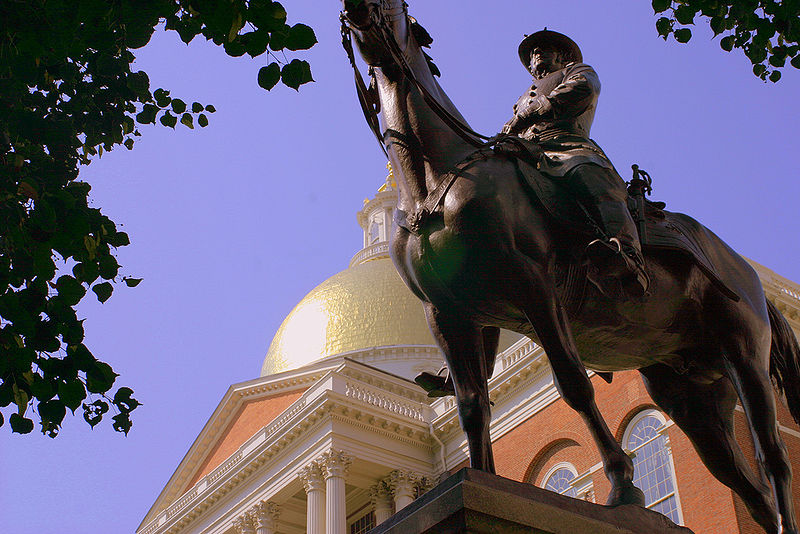By Zhihan Yang
Boston University Statehouse Program
BOSTON — State Sen. Julian Cyr, D-Truro, last week criticized the state’s low investment in tourism as his bill related to helping the state’s tourism and hospitality industries recover from pandemic losses gained support.
“This is a state we like to pride ourselves on being the first of the nation,” said Cyr during a virtual legislative hearing. “We aren’t the first. We are near the dead last.”
According to the U.S. Travel Association, Massachusetts ranks 45th in the percentage of a state’s budget spent on promoting tourism, Cyr said.
“I’m not the only one in this body, on this committee, who represents somewhere that attracts millions of visitors from every corner of the country and every corner of the world, when we’re able to do so each year,” Cyr said. “However, if the commonwealth budget was all you had in front of you, you might not see our state as a tourist destination.”
Cyr and state Rep. Natalie Blais, D-Sunderland, proposed setting up a $15 million grant program for businesses and regional tourism councils to use for visitation promotion, along with a $10 million or $15 million grant program for small businesses.
They also proposed to annually deposit 10% of the excess revenue from the state’s occupancy excise tax into the Tourism Trust Fund.
“The tourism industry has been devastated by COVID-19, and workers have borne the brunt of this loss. These were some of the first jobs to be eliminated and businesses to close. We can’t just sit on our hands and hope that these jobs will magically come back,” Blais said.
According to Martha Sheridan, president and CEO of the Greater Boston Convention and Visitors Bureau, annual Boston hotel occupancy was previously about 85%. This year, hotel occupancy there is at 38%.
“This is a segment that fuels all the others,” said Ann Marie Casey, executive director of the North of Boston Convention and Visitors Bureau. “People that stay overnight spend more money on dining, cultural attractions, museums, transportation, shopping and more.”
In addition to the loss in hotel occupancy, travel spending in Massachusetts has declined by 47%, according to Nancy Gardella, executive director of the Martha’s Vineyard Chamber of Commerce.
That resulted in a $1.4 billion federal tax loss, a $549 million state tax loss and a $285 million local tax loss, she said.
“We need to invest in marketing and promoting what Massachusetts has to offer,” Gardella said. “There’s so much that Massachusetts has to offer. We can knock our competitive states out of the ballpark.”
This story originally appeared in the Cape Cod Times.





